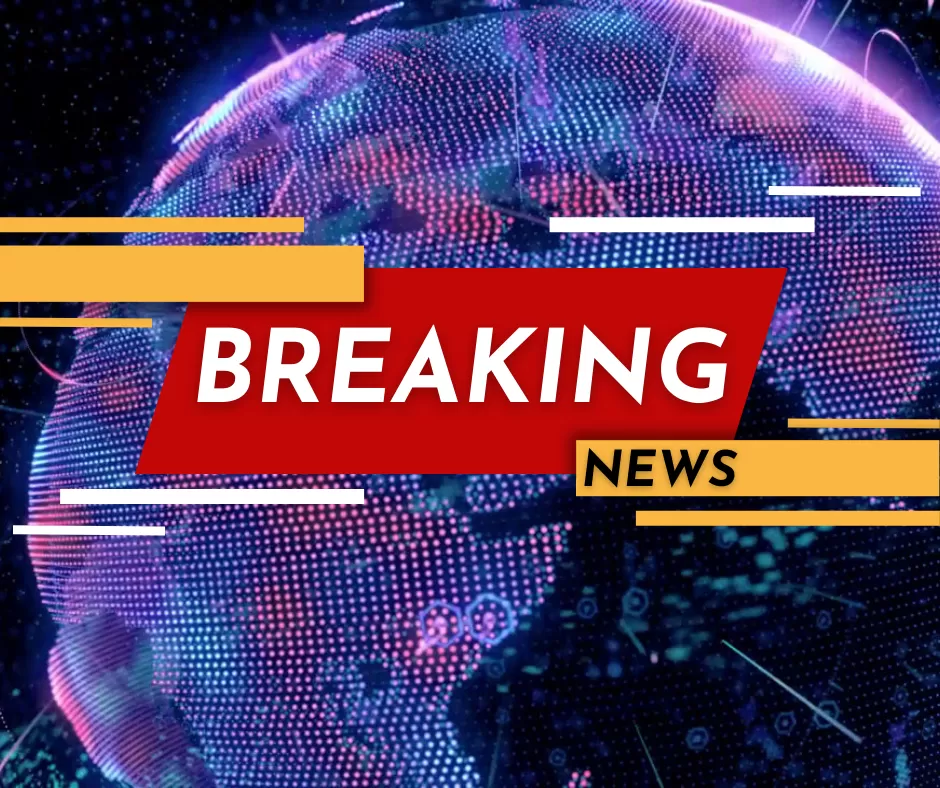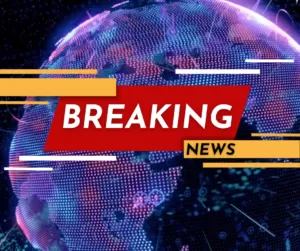South Sudan Blocks Social Media for 30 Days Amid Violence Against Refugees

In a drastic move, the government of South Sudan has directed internet service providers to block all social media sites for at least 30 days, starting from midnight. This decision comes after violent attacks against South Sudanese refugees in Wad Madani were widely shared online.
The government’s directive, which was sent to internet service providers in a letter, cites the need to prevent the spread of misinformation and hate speech. The attacks on South Sudanese refugees in Wad Madani, which were captured on video and shared on social media, have sparked widespread outrage and concern.
Background: Violence Against Refugees
The violence against South Sudanese refugees in Wad Madani is part of a larger pattern of attacks against refugees and displaced persons in the region. The attacks have been fueled by ethnic and tribal tensions, as well as competition for resources.
Social media has played a significant role in fueling these tensions, with many users sharing inflammatory content and hate speech. The government’s decision to block social media is likely aimed at reducing the spread of this type of content and preventing further violence.
Impact on Citizens and Humanitarian Situation
The 30-day social media ban is likely to have a significant impact on South Sudan’s citizens, who rely heavily on social media for information and communication. The ban will also make it more difficult for humanitarian organizations to coordinate their efforts and provide aid to those affected by the violence.
“Blocking social media will not address the root causes of the violence, and it will only serve to further isolate and disenfranchise marginalized communities,” said a spokesperson for a humanitarian organization operating in South Sudan.
Precedent for Internet Shutdowns
South Sudan has a history of restricting internet access and social media use. In 2019, the government shut down the internet for several days to prevent the spread of information about anti-government protests. Similarly, Sudan, South Sudan’s neighbor, has also experienced frequent internet shutdowns, particularly during times of unrest.
The 30-day social media ban in South Sudan is a concerning development that raises questions about freedom of expression and access to information. While the government’s intentions may be to prevent further violence, the ban is likely to have unintended consequences that will only serve to exacerbate the humanitarian situation in the country.






